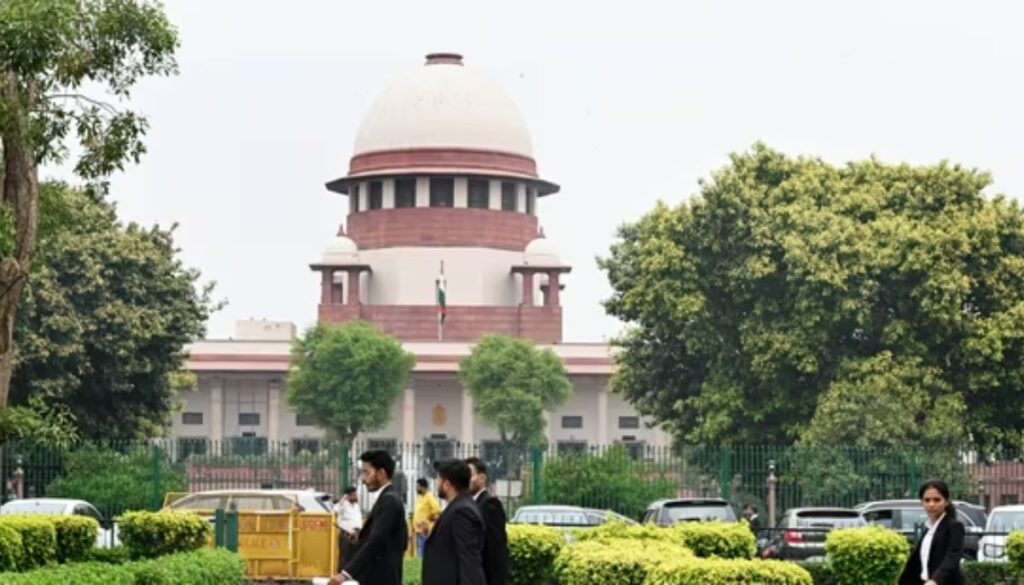Following a significant legal development, Chief Minister Arvind Kejriwal Released on Interim Bail by the Supreme Court, leading to his release from Tihar Jail. This decision, amid the backdrop of a contentious liquor policy case, marks a pivotal moment in the intersection of Indian politics and judiciary.

The Supreme Court’s decision to grant interim bail to Mr. Kejriwal underscores the delicate balance between legal proceedings and the democratic process. The ruling allows him to resume his political activities, particularly crucial during the impending Lok Sabha election campaign, while the case against him remains pending.
Arvind Kejriwal’s emergence from Tihar Jail, following the court’s intervention, carries multifaceted implications. Firstly, it reinstates his ability to actively engage in political discourse and campaign efforts, a vital aspect for his party’s electoral prospects. His presence on the political stage is expected to invigorate the Aam Aadmi Party (AAP) and its supporters, potentially reshaping the electoral landscape in Delhi and beyond.
However, the grant of interim bail does not absolve Mr. Kejriwal from the legal scrutiny surrounding the liquor policy case. The conditions imposed by the court, including restrictions on his official duties and interactions related to the case, underscore the judiciary’s commitment to upholding the integrity of legal proceedings. While Mr. Kejriwal enjoys temporary freedom, the specter of legal accountability looms over him until the resolution of the case.
Moreover, the court’s acknowledgment of the significance of the upcoming Lok Sabha election in its decision-making process reflects the intertwined nature of law and politics in India. The court’s recognition of the potential impact of Mr. Kejriwal’s absence on the electoral dynamics highlights the complex interplay between legal proceedings and democratic governance.
The conditions attached to Mr. Kejriwal’s interim bail, such as the requirement to surrender and return to prison on a specified date, serve as a reminder of the legal obligations he must adhere to despite his temporary release. His failure to respond to prior summonses has been noted as a “negative factor,” emphasizing the importance of compliance with legal procedures.
The interim bail granted to Chief Minister Kejriwal also serves as a litmus test for the Indian judiciary’s commitment to upholding democratic principles while ensuring accountability and due process. By balancing the imperatives of political participation with the exigencies of legal proceedings, the Supreme Court reaffirms its role as a guardian of constitutional values and democratic norms.
In conclusion, Chief Minister Arvind Kejriwal’s release on interim bail from Tihar Jail marks a significant chapter in India’s legal and political landscape. As he resumes his political activities, the ramifications of the court’s decision reverberate across the spectrum of governance, underscoring the intricate relationship between law, politics, and democracy in the world’s largest democracy.










